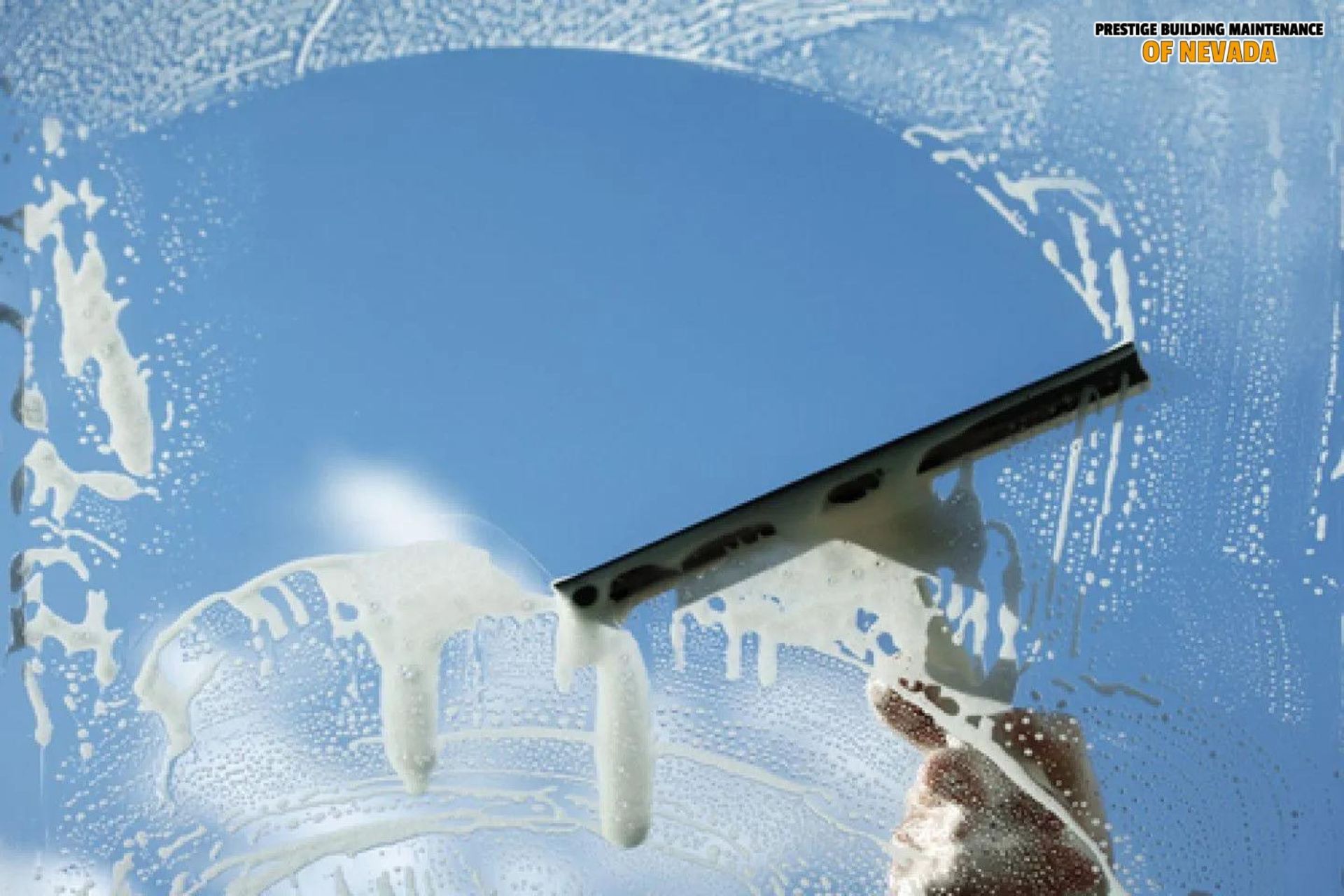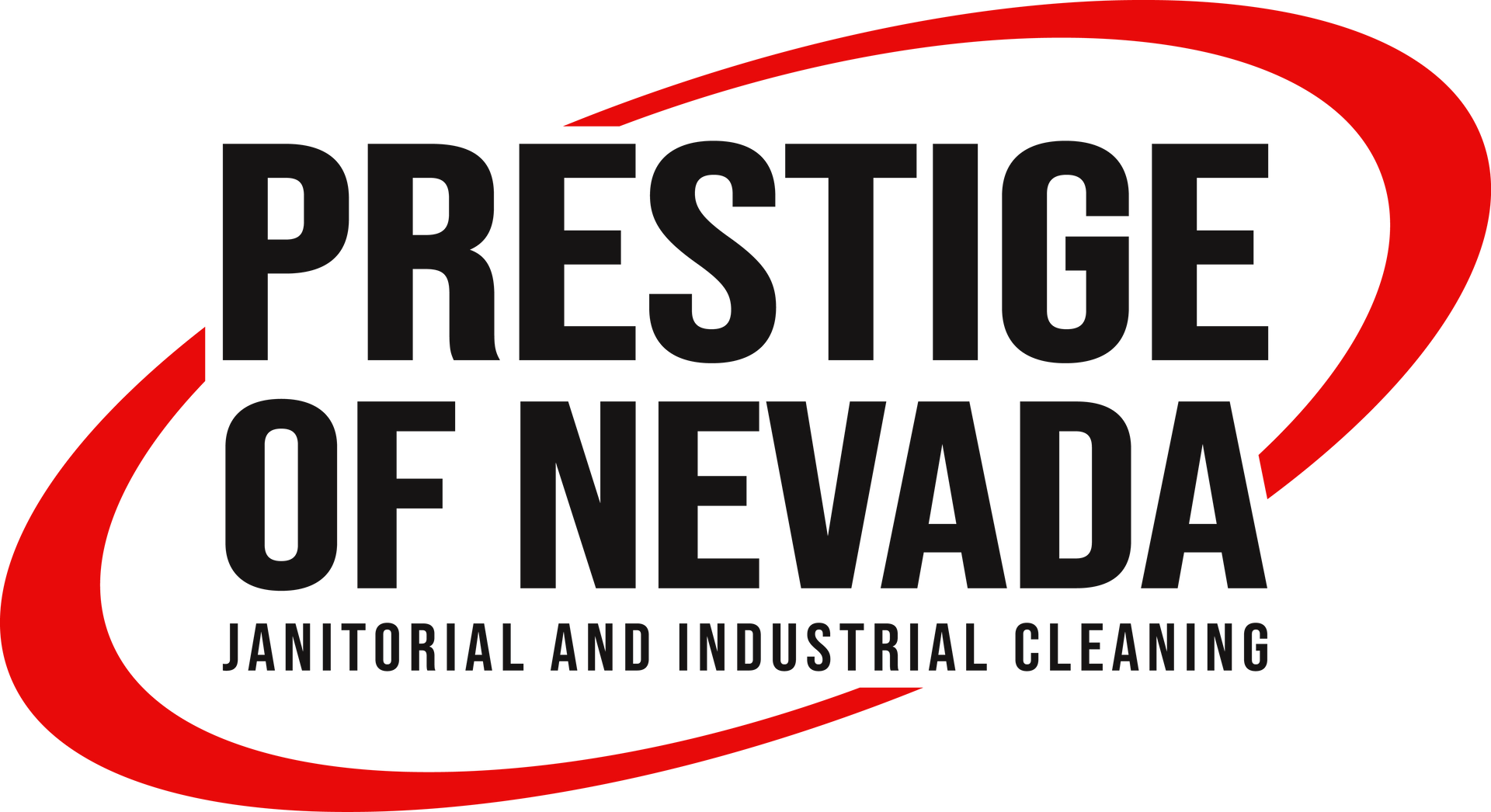Preventative Maintenance Tips for Commercial Spaces
The Importance of Preventative Maintenance for Commercial Spaces

Preventative maintenance is essential for preserving the functionality, efficiency, and longevity of commercial spaces. By implementing proactive maintenance strategies, businesses can avoid costly repairs, minimize downtime, and create safe and comfortable environments for employees and customers alike. In this comprehensive guide, we'll explore the importance of preventative maintenance for commercial spaces, key areas to focus on, actionable tips for effective maintenance planning, and the benefits of investing in preventive maintenance measures.
Preventative maintenance involves identifying and addressing potential issues before they escalate into costly problems. In commercial spaces, where the demands on building systems and equipment are high, proactive maintenance is crucial for optimizing performance and minimizing disruptions. By conducting regular inspections, performing routine maintenance tasks, and addressing minor issues promptly, businesses can extend the lifespan of their assets, reduce the risk of unexpected breakdowns, and ensure the safety and comfort of occupants.
Key Areas to Focus on for Preventative Maintenance
1. HVAC Systems
Regular maintenance of heating, ventilation, and air conditioning (HVAC) systems is essential for maintaining indoor air quality, optimizing energy efficiency, and preventing system failures. Tasks such as filter replacement, coil cleaning, and duct inspection should be performed regularly to ensure proper operation.
2. Plumbing and Drainage
Regular inspection and maintenance of plumbing systems can help prevent leaks, clogs, and water damage. Inspecting pipes, fixtures, and drainage systems for signs of wear or damage and addressing issues promptly can prevent costly water damage and ensure uninterrupted operations.
3. Electrical Systems
Proper maintenance of electrical systems is critical for preventing electrical hazards, fire risks, and disruptions to business operations. Inspecting wiring, outlets, and electrical panels for signs of wear or damage, testing emergency systems, and performing routine maintenance tasks can help mitigate risks and ensure compliance with safety regulations.
4. Building Envelope
The building envelope, including roofs, walls, windows, and doors, plays a crucial role in protecting commercial spaces from weather damage, moisture intrusion, and energy loss. Regular inspections and maintenance of the building envelope can identify potential issues such as leaks, cracks, or gaps and prevent costly repairs or energy inefficiencies.
Actionable Tips for Effective Preventative Maintenance Planning
1. Develop a Comprehensive Maintenance Plan
Create a detailed maintenance plan that outlines specific tasks, schedules, and responsibilities for maintaining each area of the commercial space. Include regular inspections, routine maintenance tasks, and seasonal maintenance activities to ensure comprehensive coverage.
2. Prioritize Maintenance Tasks
Identify critical systems and components that require regular maintenance and prioritize tasks based on their importance, impact on operations, and potential risks. Focus on addressing high-priority tasks first to minimize downtime and mitigate risks.
3. Schedule Regular Inspections
Conduct regular inspections of building systems, equipment, and infrastructure to identify potential issues early and address them before they escalate. Establish a schedule for routine inspections and adhere to it consistently to ensure thorough coverage.
4. Implement Preventative Measures
Implement preventative measures such as installing surge protectors, leak detection systems, and temperature sensors to monitor critical systems and detect potential issues proactively. Invest in preventive maintenance tools and technologies to streamline maintenance processes and improve efficiency.
5. Train Staff
Provide training and guidance to maintenance staff, facility managers, and occupants on proper maintenance procedures, safety protocols, and emergency response measures. Empower staff to report maintenance issues promptly and encourage proactive communication to address issues effectively.
6. Partner with Qualified Professionals
Work with qualified maintenance professionals, contractors, and service providers to perform specialized maintenance tasks, inspections, and repairs. Choose reputable vendors with experience in commercial maintenance and ensure they adhere to industry standards and regulations.
Benefits of Investing in Preventative Maintenance Measures
1. Cost Savings
Preventative maintenance can help businesses save money by avoiding costly repairs, minimizing downtime, and extending the lifespan of building systems and equipment.
2. Improved Efficiency
Regular maintenance of building systems, equipment, and infrastructure can optimize performance, reduce energy consumption, and improve operational efficiency.
3. Enhanced Safety and Comfort
Proactive maintenance measures can help prevent accidents, injuries, and disruptions to business operations, creating safe and comfortable environments for employees and customers.
4. Compliance with Regulations
By conducting regular inspections and addressing maintenance issues promptly, businesses can ensure compliance with safety regulations, building codes, and industry standards.
5. Protection of Assets
Preventative maintenance helps protect valuable assets, such as building systems, equipment, and infrastructure, from damage, deterioration, and premature failure.
What Are The Consequences Of Neglecting Preventative Maintenance In Commercial Spaces?
Neglecting preventative maintenance in commercial spaces can lead to a wide range of consequences that affect the functionality, safety, and overall condition of the building. Here are some of the most significant consequences:
1. Increased Risk of Equipment Failure
Without regular maintenance, building systems and equipment are more likely to experience unexpected breakdowns and failures. This can result in costly repairs, downtime, and disruptions to business operations.
2. Decreased Energy Efficiency
Neglected systems, such as HVAC units and lighting fixtures, may operate inefficiently, consuming more energy than necessary. This leads to higher utility bills and contributes to environmental impact.
3. Poor Indoor Air Quality
HVAC systems that are not properly maintained can accumulate dust, dirt, and other contaminants, leading to poor indoor air quality. This can result in discomfort for occupants, as well as health issues such as allergies and respiratory problems.
4. Safety Hazards
Neglected maintenance can lead to safety hazards such as electrical faults, malfunctioning equipment, and structural deficiencies. These hazards pose risks to occupants and can result in accidents, injuries, or even fatalities.
5. Damage to Building Structure
Failure to address issues such as leaks, cracks, or corrosion can lead to structural damage over time. This compromises the integrity of the building and may require costly repairs or renovations to rectify.
Preventative maintenance is essential for preserving the functionality, efficiency, and longevity of commercial spaces. By implementing proactive maintenance strategies, businesses can avoid costly repairs, minimize downtime, and create safe and comfortable environments for occupants. For more information, please contact us.


